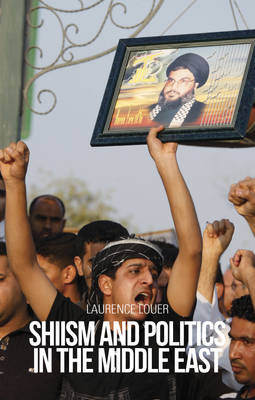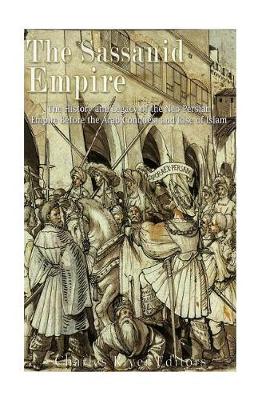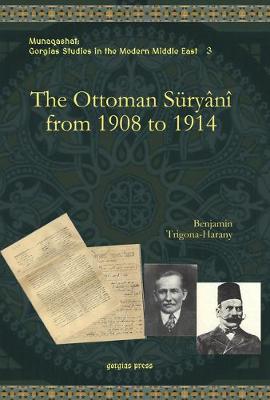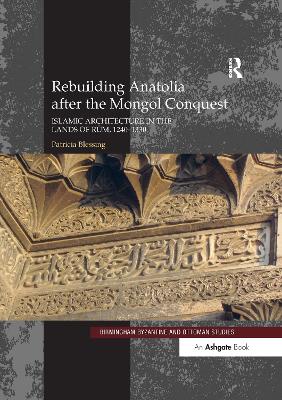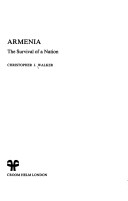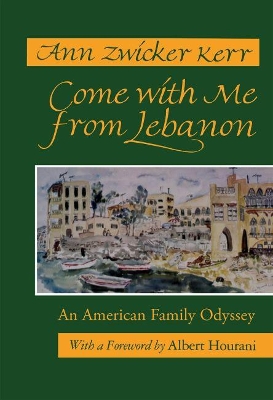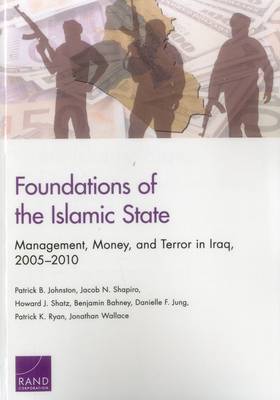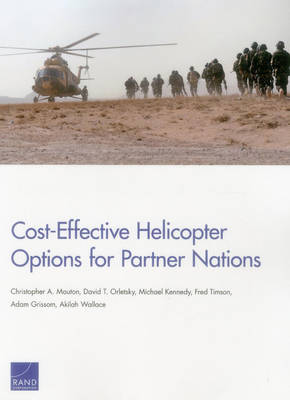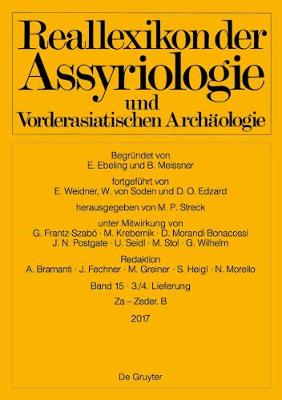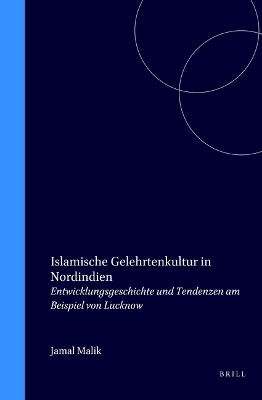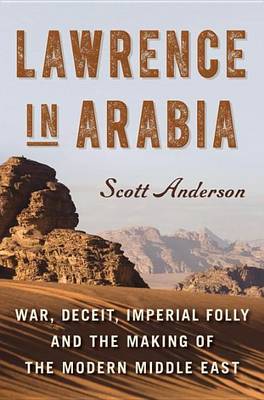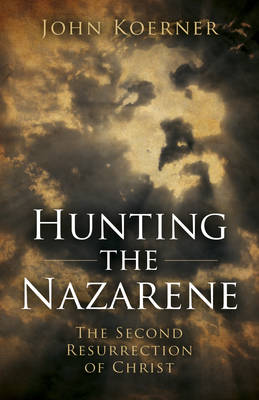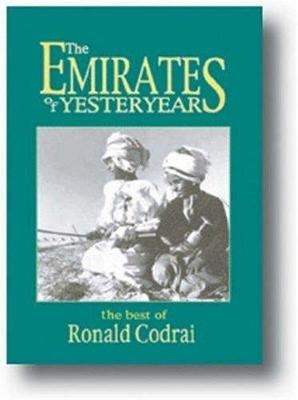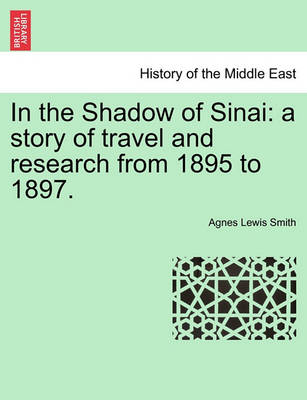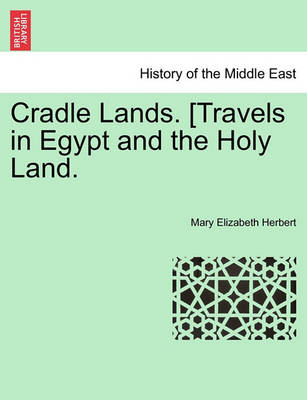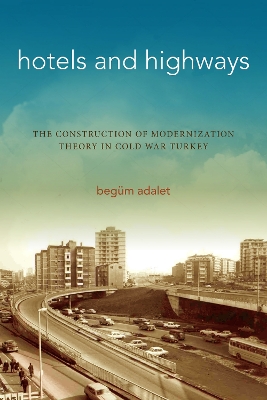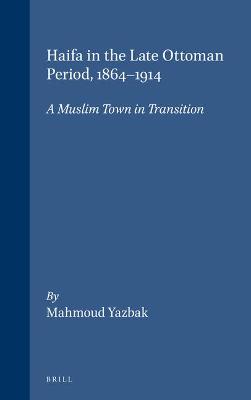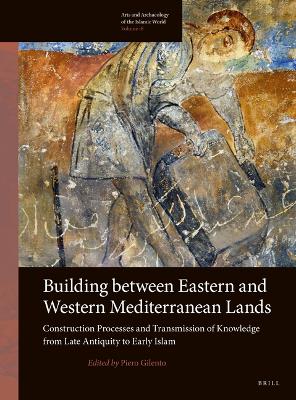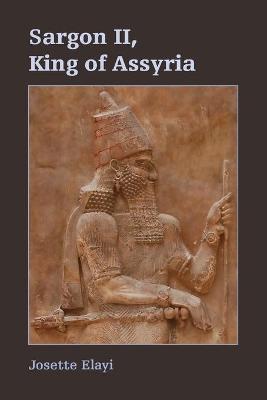Shi'ism and Politics in the Middle East (Columbia/Hurst) (Comparative Politics and International Studies)
by Laurence Louer
Laurence Louer's timely study immediately precedes the outbreak of unrest in Bahrain that triggered the escalation of the so-called Arab Spring of 2011. In addition to issues relating to the role of Shiite Islamist movements in regional politics, she provides context for the Bahraini conflict and Shiism's wider implications as a political force in the Arab Middle East. Louer's study depicts Bahrain's troubles as a phenomenon rooted in local perceptions of injustice rather than in the fallout fr...
This work explores the misconceptions about the Ottoman Suryani community of the pre-World War I era, using a critique of the present day historiography as the context for the discussion. The works of three early twentieth century journalists, provide the material for the study. The author contends that this group cannot be considered as Assyrian nationalists, the traditional argument, that they saw the future of the Suryani people as best secured by the continuation of the Ottoman Empire, in wh...
Rebuilding Anatolia after the Mongol Conquest (Birmingham Byzantine and Ottoman Studies, #17)
by Patricia Blessing
This book is a study of Islamic architecture in Anatolia following the Mongol conquest in 1243. Complex shifts in rule, movements of population, and cultural transformations took place that affected architecture on multiple levels. Beginning with the Mongol conquest of Anatolia, and ending with the demise of the Ilkhanid Empire, centered in Iran, in the 1330s, this book considers how the integration of Anatolia into the Mongol world system transformed architecture and patronage in the region. Tr...
Come With Me From Lebanon (Contemporary Issues in the Middle East)
by Ann Kerr-Adams
Ann Kerr's is a personal account of an American family during the most tumultuous years of Beirut's political strife. It begins with the tragic assassination of her husband Malcolm Kerr, one of the most respected scholars of Middle East studies, in 1984, seventeen months after he became president of the American University of Beirut. She retraces in detail the events that brought them to the Middle East, and reaches back into her childhood to describe a lifelong affinity for Lebanon. For a young...
Foundations of the Islamic State
by Jacob N. Shapiro, Howard J. Shatz, and Benjamin Bahney
Cost-Effective Helicopter Options for Partner Nations
by Christopher A. Mouton, David T Orletsky, Michael Kennedy, Fred Timson, Adam Grissom, and Akilah Wallace
Diversity and Pluralism in Islam: Historical and Contemporary Discourses Amongst Muslims
Islamische Gelehrtenkultur in Nordindien (Islamic History and Civilization, #19)
by Jamal Malik
This insightful volume treats the world of the learned classes in the region of Awadh, in Muslim North India, with its famous capital Lucknow, from the fifteenth to the twentieth centuries. It focusses on those circles which carried, promoted, and reflected acculturation and interference in traditional as well as colonial settings. Part I examines the qasbahs where the seeds are laid for the efflorescence of scholarship, connecting South Asia with the Middle East and Europe. Part II deals with t...
The Sunday Times Top Ten BestsellerThe Arab Revolt against the Turks in World War One was, in the words of T.E. Lawrence, 'a sideshow of a sideshow'. Amidst the slaughter in European trenches, the Western combatants paid scant attention to the Middle Eastern theatre. As a result, the conflict was shaped to a remarkable degree by a small handful of adventurers and low-level officers far removed from the corridors of power. At the centre of it all was Lawrence. In early 1914 he was an archaeolog...
Short Fiction as a Mirror of Palestinian Life in Israel, 1944-1967 (Crosscurrents: New Studies on the Middle East, #4)
by Jamal Assadi and Saif Abu Saleh
This volume seeks to document the development of the Palestinian short story between 1944 and 1967. This particularly significant phase that carried the seeds, from which the short story grew, was greatly influenced by the last years of the British mandate over Palestine in 1944, the establishment of the state of Israel in 1948, and the subsequent changes that impacted Palestinian society in this country until the Arabs' defeat in the Six Day War, 1967. Within the fold of this volume, the reade...
Hunting the Nazarene - The Second Resurrection of Christ
by John Koerner
Are you ready for the Truth? Citing historical evidence, including a secret mathematical code in the Gospel of John, John Koerner makes a compelling case that in the mysterious forty days after Jesus rose from the dead he was hunted down, executed, and resurrected a second time. The product of years of research and analysis, Hunting the Nazarene follows the evidence that the Catholic Church covered up the second resurrection for centuries.
Cradle Lands. [travels in Egypt and the Holy Land.
by Mary Elizabeth Herbert
How was the use of violence against Muslims explained and justified in medieval Islam? What role did state punishment play in delineating the private from the public sphere? What strategies were deployed to cope with the suffering caused by punishment? These questions are explored in Christian Lange's in-depth study of the phenomenon of punishment, both divine and human, in eleventh-to-thirteenth-century Islamic society. The book examines the relationship between state and society in meting out...
Hotels and Highways (Stanford Studies in Middle Eastern and Islamic Societies and Cultures)
by Begum Adalet
The early decades of the Cold War presented seemingly boundless opportunity for the construction of "laboratories" of American society abroad: microcosms where experts could scale down problems of geopolitics to manageable size, and where locals could be systematically directed toward American visions of capitalist modernity. Among the most critical tools in the U.S.'s ideological arsenal was modernization theory, and Turkey emerged as a vital test case for the construction and validation of dev...
Haifa in the Late Ottoman Period, 1864-1914 (Ottoman Empire & its Heritage, #16)
This volume offers a history of Haifa during that crucial part of the nineteenth century when Europe's penetration of Palestine combined with Istanbul's centralization efforts to alter irrevocably the social fabric of the country and change its political destiny. After tracing the town's beginnings in the early eighteenth century, the author painstakingly reconstructs from the few sijill volumes that have survived vital aspects of Ottoman Haifa's society and administration. A fresh look at the t...
Building between Eastern and Western Mediterranean Lands (Arts and Archaeology of the Islamic World, #18)
This edited volume examines the construction processes and the mechanisms of transmission of knowledge between the eastern and western Mediterranean lands from the late Roman period to the early centuries of Islam. The essays explore issues of material culture, craft techniques, technological and typological changes and cultural contacts in Syria, Jordan, North Africa and Spain. The volume includes case studies on prestigious architectural complexes, defensive systems and other structures locate...
